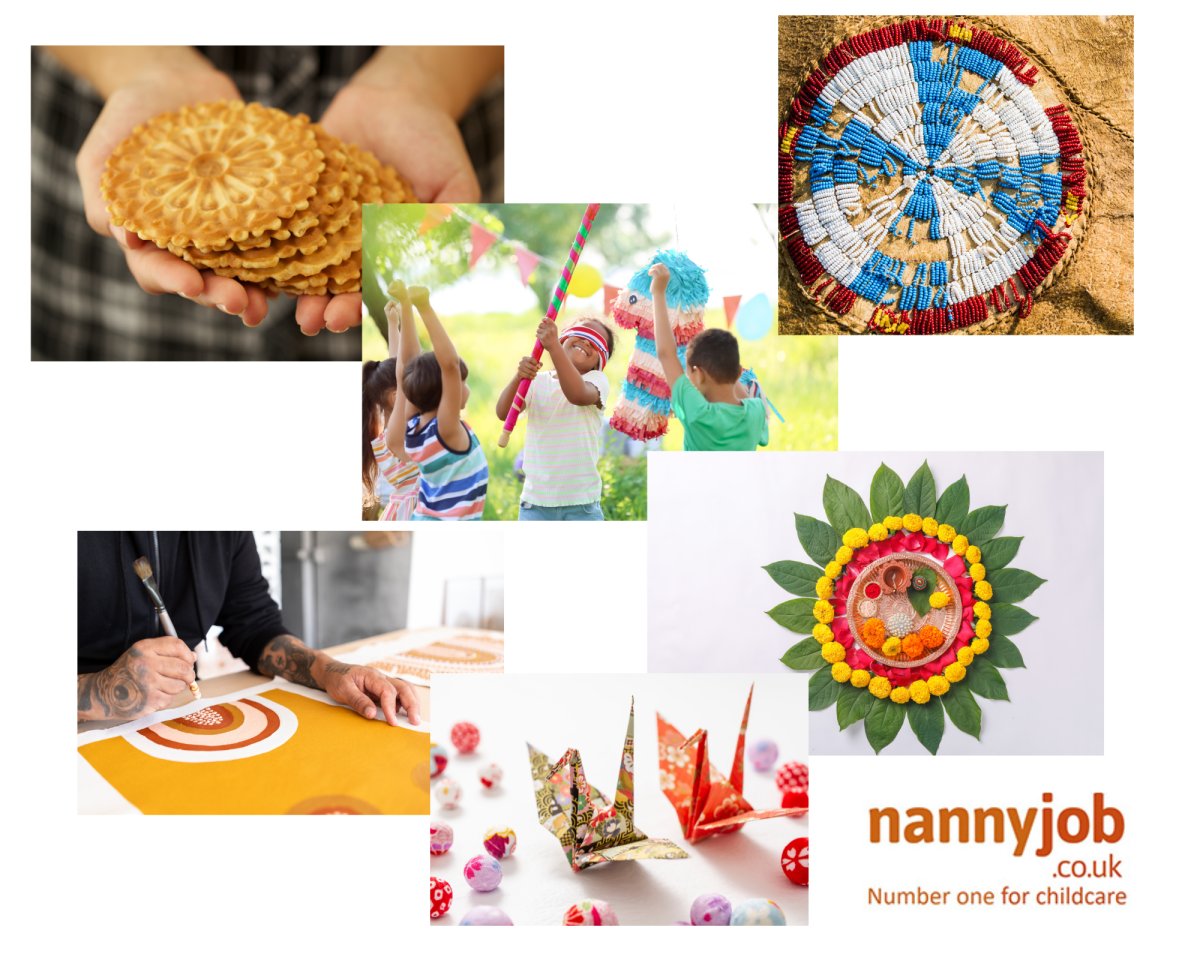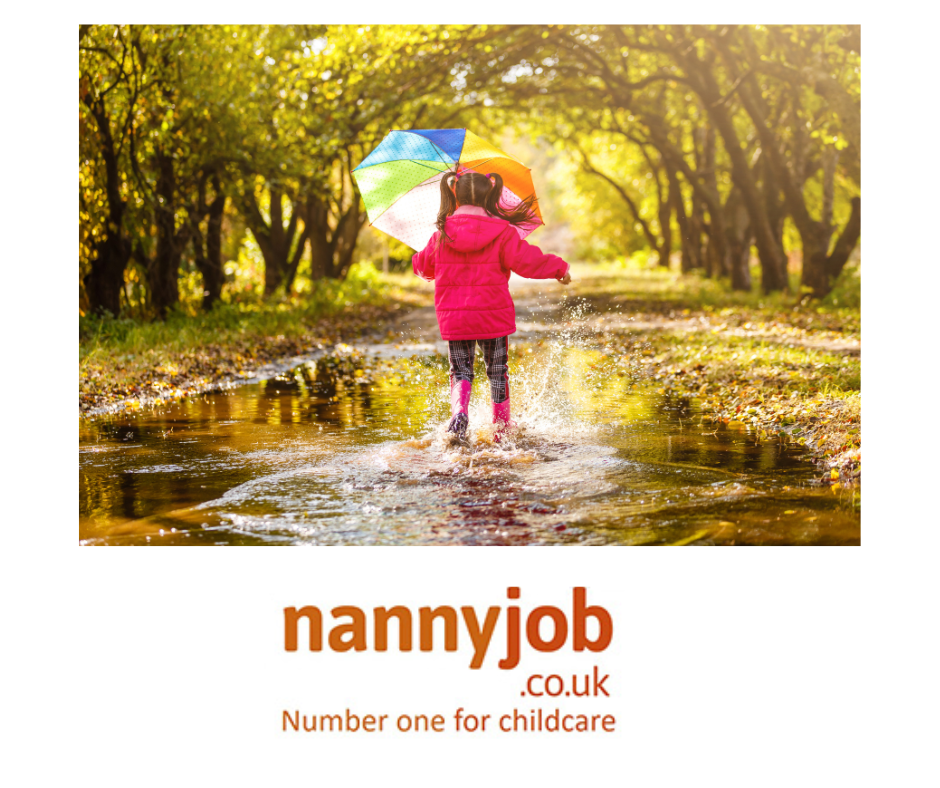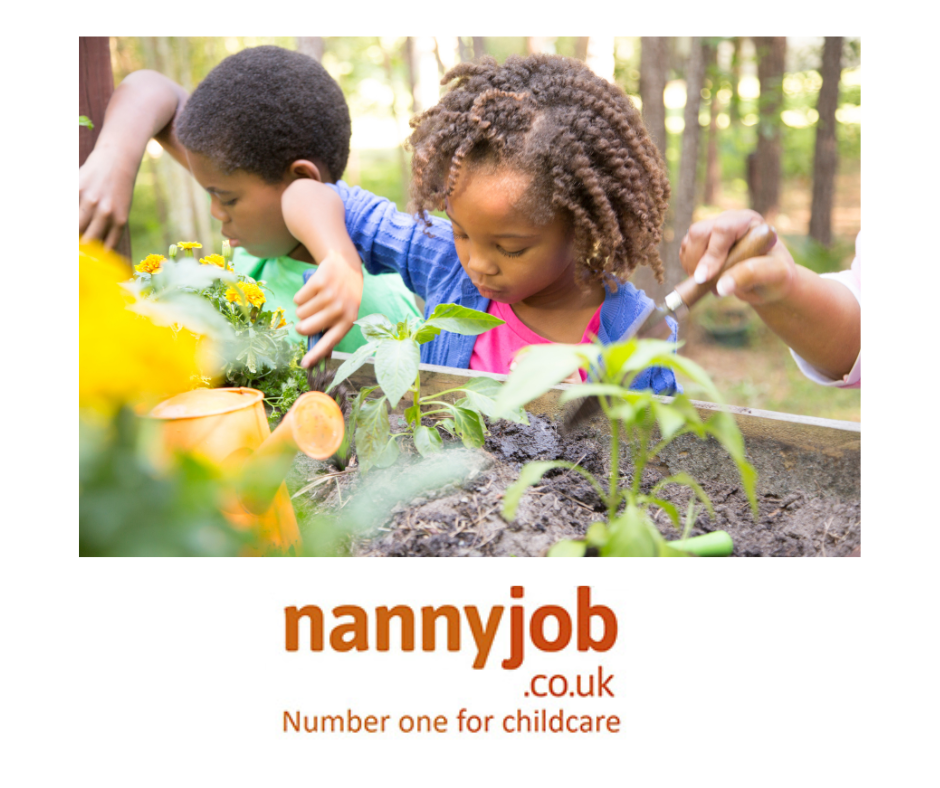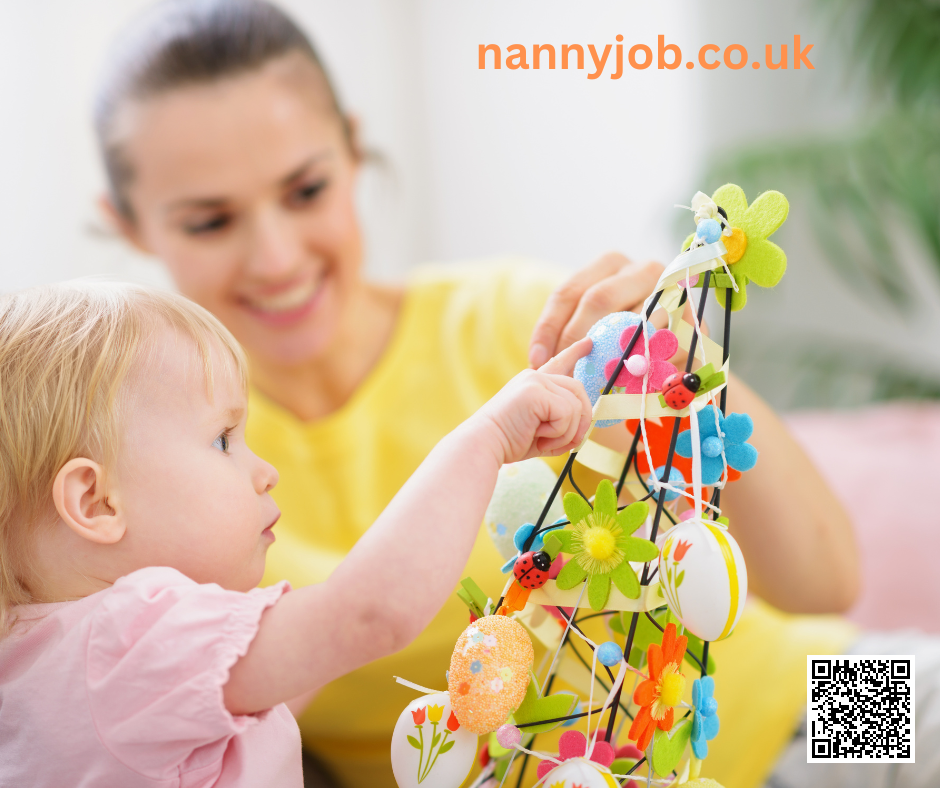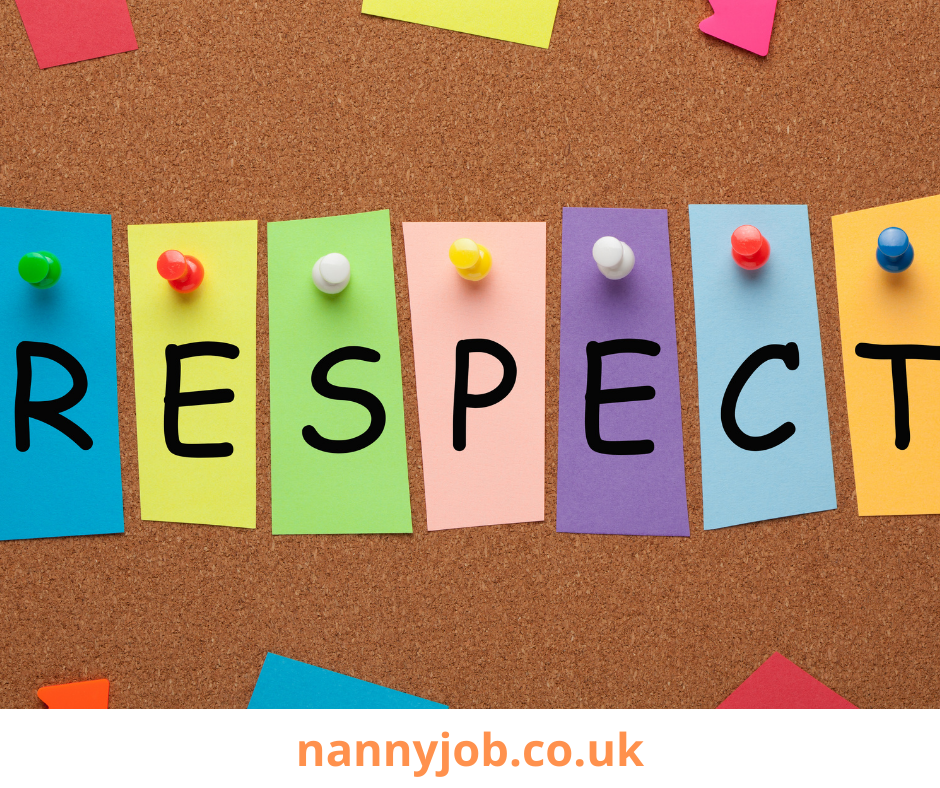Traveling might be on hold for many of us, but exploring diverse cultures doesn’t have to be. There’s a whole world inside your living room waiting to be discovered through crafts, activities, and stories. Here are some delightful ways to journey around the world without stepping outside your door:
1. Japanese Origami:
Activity: Learn the ancient art of Japanese paper folding.
Materials: Square sheets of paper.
Guide: Start with basics like the crane or boat and gradually work up to more complex designs.
2. African Beadwork:
Activity: Create beautiful African-inspired bead jewellery.
Materials: Colourful beads, string, or thread.
Guide: Explore patterns from tribes such as the Zulu or Maasai and craft necklaces or bracelets.
3. Indian Rangoli:
Activity: Make a vibrant floor art using coloured sand or rice.
Materials: Coloured sand or rice, rangoli patterns.
Guide: Design symmetrical patterns on the floor, usually done during festivals.
4. Mexican Piñatas:
Activity: Build and decorate your own piñata.
Materials: Balloon, newspaper, flour, water, paint, and candies.
Guide: Make a paste from flour and water, layer newspaper strips dipped in the paste over a balloon, let dry, paint, and fill with candies.
5. Australian Aboriginal Dot Painting:
Activity: Craft a unique artwork inspired by indigenous Australians.
Materials: Canvas or paper, paint, cotton buds.
Guide: Using cotton buds, create intricate designs using only dots.
6. Italian Pizzelle Making:
Activity: Cook these traditional waffle cookies.
Materials: Pizzelle iron, ingredients for the batter (eggs, sugar, butter, flour, vanilla extract).
Guide: Mix ingredients, pour into a pre-heated pizzelle iron, and cook until golden.
These activities not only offer a fun pastime but also provide invaluable lessons about the world’s cultures. So put on some traditional music from each region, dive into the activity, and transport your family to another corner of the globe!

